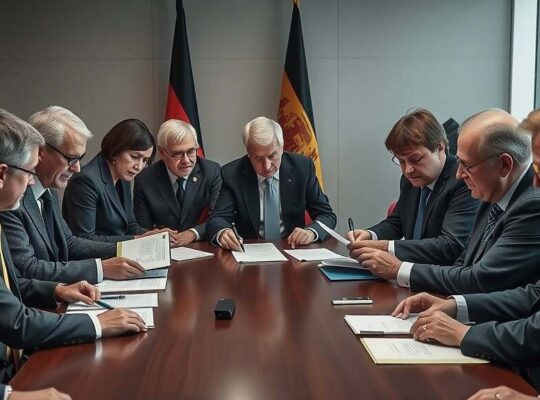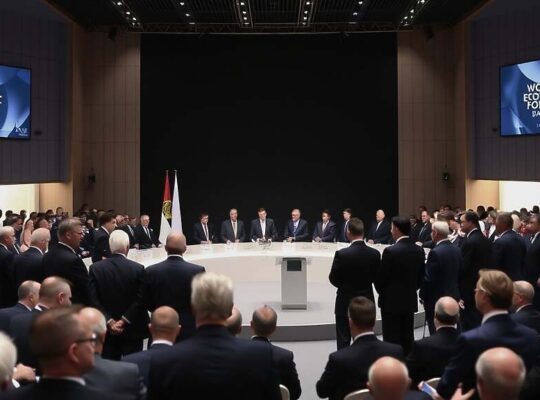The German government is signaling a potential shift in its approach to CO2 fleet emission standards, sparking debate and raising questions about the nation’s commitment to ambitious climate targets. Environment Minister Carsten Schneider, of the Social Democratic Party (SPD), acknowledged a willingness to consider compromises, suggesting a possible relaxation of the stringent regulations currently slated to phase out combustion engine vehicles by 2035.
Schneider’s remarks, published across the Funke-Mediengruppe newspapers, indicated the possibility of extending the viability of technologies like range extenders and plug-in hybrids beyond the 2035 deadline. However, this potential leeway would be contingent on robust offsetting mechanisms, potentially involving the incorporation of synthetic fuels or the adoption of “green steel” production – a considerable technological hurdle and a potential driver of increased costs.
The current fleet emission standards focus solely on emissions during vehicle operation, neglecting the substantial environmental impact of vehicle production, particularly the steel manufacturing process. This omission, coupled with the European Union’s ongoing efforts to level the playing field through the EU Emissions Trading System (ETS) and planned carbon border adjustment mechanisms (CBAM) for imported steel, highlights a complex interplay between production emissions and trade competitiveness. The CBAM, intended to disadvantage carbon-intensive steel from outside the EU, was cited as a crucial consideration in any potential adjustments to fleet emission rules.
While asserting that “there will be no turning back” on the overarching climate goals, Schneider underscored the need for flexibility and technological inclusivity. His admission that the current deliberations were unwelcome – “I honestly didn’t need this discussion” – reflects a brewing tension between the government’s commitment to stringent climate policy and the increasing pressure from the automotive industry, which has voiced concerns about the feasibility and cost implications of meeting the current targets.
The potential for adjustments raises concerns about the credibility of Germany’s climate leadership and could signal a move towards a less aggressive transition. Critics argue that any relaxation of the strict timeline could undermine the urgency needed to address climate change and potentially offer a lifeline to polluting technologies. The coming weeks are expected to see intense lobbying and negotiations as the government seeks to balance environmental ambitions with the economic realities facing the German automotive sector. Clear and stable regulatory frameworks are now paramount to avoid uncertainty and maintain investor confidence.












